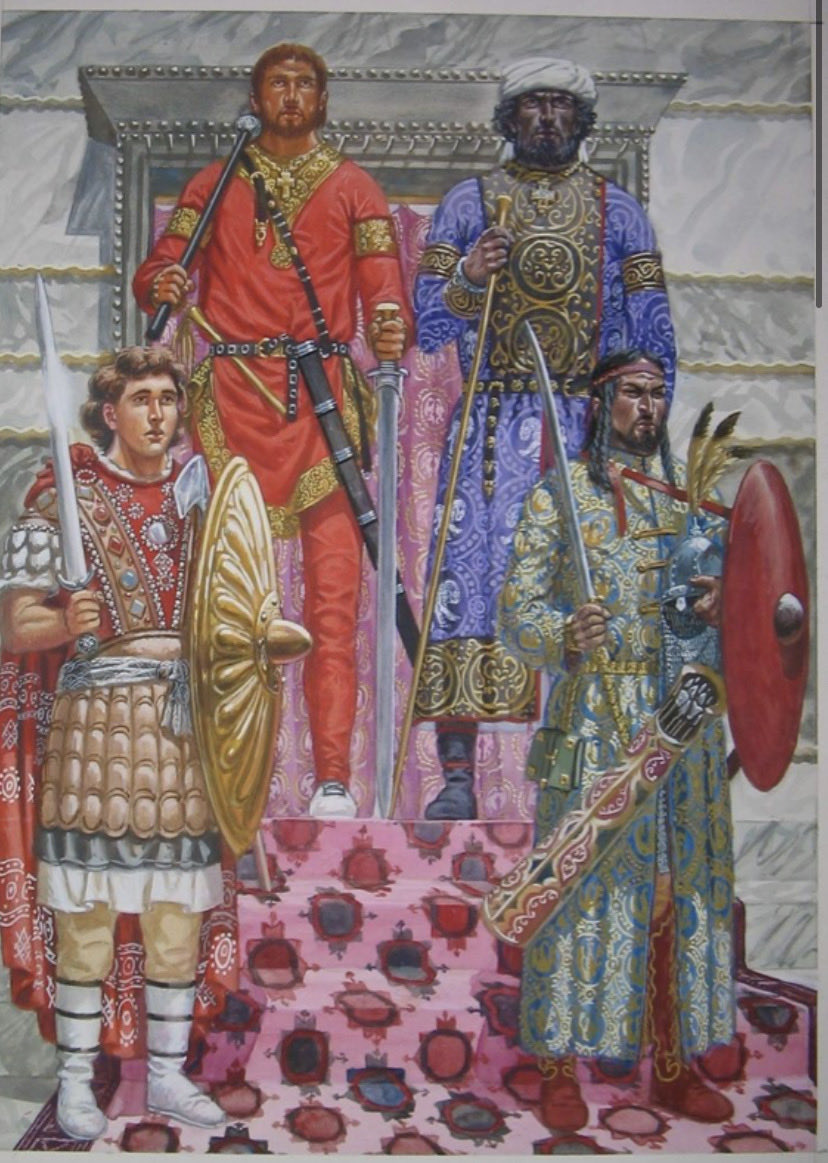After the Muslim conquest of Sicily, Sardinia was isolated from the rest of the empire. The Byzantines had more pressing matters & through negligence, Sardinia slowly gained a measure of de facto independence. 

The Sardinians repelled frequent raids from Sicily & Africa by Muslim pirates. Such attacks forced them to abandon many of the old ports and cities of the coast, further isolating them from the rest of the Byzantines by making the life-line of communication by sailing weaker. 

The last mention of Sardinia that suggests it as province of the empire is from Constantine VII’s reign in the 10th century when Sardinian imperial guards are mentioned in Constantinople. 

We have no sources on how Byzantine rule ended in Sardinia but by 1073 AD four separate kingdoms are mentioned by the Pope in a letter to the rulers of the island.
We, however, can guess. As Byzantine control weakened, authority was maintained by an archon, responsible for both civic & military functions. By the early 11th century a family had consolidated control as the sole archon of the island, passing rule from father to son. 

With the Norman takeover of Italy, Byzantium drew even further away from Sardinia. Whatever support or authority the Archon had, collapsed. Rivals rose up on the island and carved out fiefdoms for themselves. 

The ruler of Cagliari, a descendant of the archons, maintained Byzantine institutions, including the use of Greek, but he no longer derived his authority, even nominally, from Constantinople. 

The fall of Sardinia seemed to not even register in Constantinople. No armies or fleets had ever been sent to reinforce it, no lamentations for its loss survive. 

By the 10th century the only reason the emperor knew he ruled these lands were the strange islanders in his bodyguard, even then he didn’t seem to care.
Sardinia was too peripheral, too unimportant, & too well-managed to warrant any intervention by Constantinople.
Sardinia was too peripheral, too unimportant, & too well-managed to warrant any intervention by Constantinople.

When the government reminded itself that they controlled this far-off island, suzerainty seemed to serve it well enough. 

Had Sicily been maintained or retaken things would have been different and considering how long Sardinia remained in Byzantine control without any support suggests it would’ve been a bastion to project power into the Western Mediterranean. 

If you want to learn more about the world of Byzantium & the Varangians, subscribe to the suьsтаск.
The link is in bio.
New articles coming soon!
The link is in bio.
New articles coming soon!

• • •
Missing some Tweet in this thread? You can try to
force a refresh




















